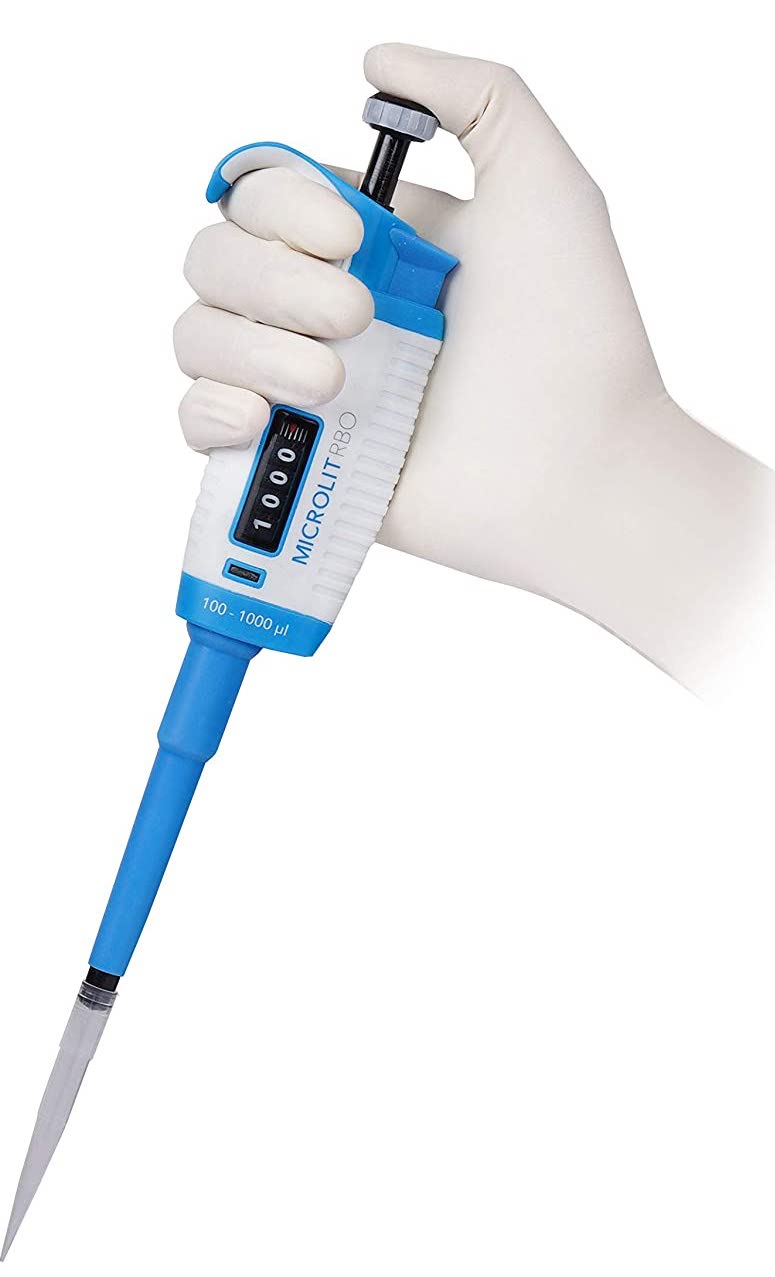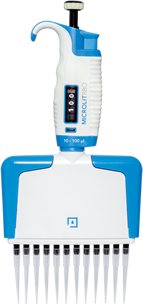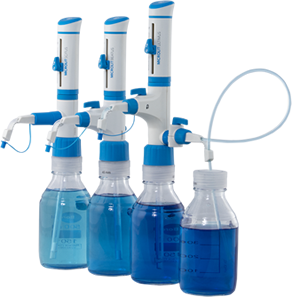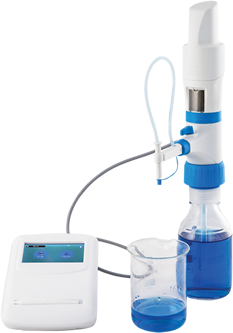What is Repetitive Strain Injury?
Repetitive Strain Injury, commonly known as RSI, is a potentially serious injury caused in a small muscle group. It is caused when people perform a repetitive task for long durations without catching a break. Symptoms of RSI can emerge over months or even years starting with intermittent discomfort and progressing to aching, tingling, muscle weakness and pulsing pain. Other common names for RSI are Cumulative Trauma Disorder (CTD) and Overuse Syndrome.
RSI is common amongst people involved in jobs where they are exposed to cumulative trauma. Manual liquid handling is one such occupation. Due to the repetitive nature of liquid handling and the frequency involved in laboratories, pipetting has been identified as the main cause for RSI. It is crucial for people working in labs to educate themselves about the risks associated with RSI and how they can prevent it.
Symptoms of Repetitive Strain Injury
There are certain parts that are commonly affected by RSI due to the repetitive nature of a job or use of a body part. RSI affects your:
- Wrists and Hands
- Forearms and Elbows
- Neck and Shoulders
- Back
The symptoms of RSI may vary from case to case and the severity of the injury but some common symptoms are:
- Pain, ranging from mild to severe
- Tenderness
- Swelling
- Stiffness
- Tingling or numbness
- Throbbing
- Weakness
- Sensitivity to cold or heat
If one identifies any of the above mentioned symptoms consulting a doctor at the right moment is crucial. RSI is curable but only if it has been diagnosed in its early stages; if it becomes chronic it can go on to degenerate and cause permanent damage to the nerves and muscles or change to carpal tunnel syndrome.
Causes of Repetitive Strain Injury
Practice might make you perfect but doing the same action over time can lead to serious damage to your muscles and tendons. For users of manual liquid handling instruments the major cause is that the instruments are not ergonomically designed or the user has a bad posture.
Some other activities that can increase the risk of RSI are:
- Stressing the same muscles
- Lifting heavy objects
- Maintaining the same posture for long durations
- Maintaining abnormal posture for long durations
- Being in a poor physical condition
Repetitive Strain Injury Can Be Avoided
As it has been established, prolonged working with manual liquid handling instruments i.e. pipettes are a major cause for inducing RSI in lab workers. In order to avoid it users should use proper, ergonomically designed equipment and take frequent breaks to ease off any pressure. Always remember to stretch while you are taking a break. It is equally important to maintain the right sitting and standing posture. Users should maintain a neutral arm and shoulder posture, as if they are shaking someone’s hand.. And the pressure that you apply on the instrument also plays an instrumental role in easing off the condition.
Microlit Micropipettes – The Ergonomic Solution
Usage of manual, heavy pipettes with stiff plungers and difficulty in ejecting and mounting tips is the main culprit for RSI. Users should choose the right pipette to avoid contracting RSI.
The Microlit Micropipettes are made keeping the ease of use in mind. The micropipettes have been ergonomically designed by the in-house team of experts of Microlit whose main motive is to provide the user with a pipette that facilitates intuitive handling.
The micropipette is designed with a special Grippy that enables the user to maintain a good grip without straining the wrist. The presence of an Easy Tip Ejector allows the user to smoothly eject the tip and also gives comfortable access to bottles and tubes with narrow necks.
Microlit has a range of air displacement micropipettes that are highly precise and are known for their ergonomic design. The range comes under the name Microlit RBO, the variants being:
Single Channel Variable Volume Micropipette: Popularly used molecular biology, genetics, immunology and biochemistry, the user just has to lock the desired volume of the reagent and proceed with the experiment.
Single Channel Fixed Volume Micropipette: The micropipette is available in 15 fixed volumes which makes it easy for the user to carry out the experiment. It is best suited for control analysis and clinical diagnostics.
Multichannel Micropipette (8-channel and 12-channel): Best suited for DNA amplification, molecular screening and kinetic studies, the multi-channel micropipette enables the user to transfer small volumes of reagents to multiple locations at once, enhancing the user experience and accuracy of the experiment.
RSI is not an issue to be taken lightly. The use of right equipment, proper posture and early diagnosis are some ways through which the condition can be kept in control. Every lab member should be properly educated with the effects of RSI.
To find an ergonomically designed micropipette, get in touch with us at info-usa@microlit.com.






 7287
7287





